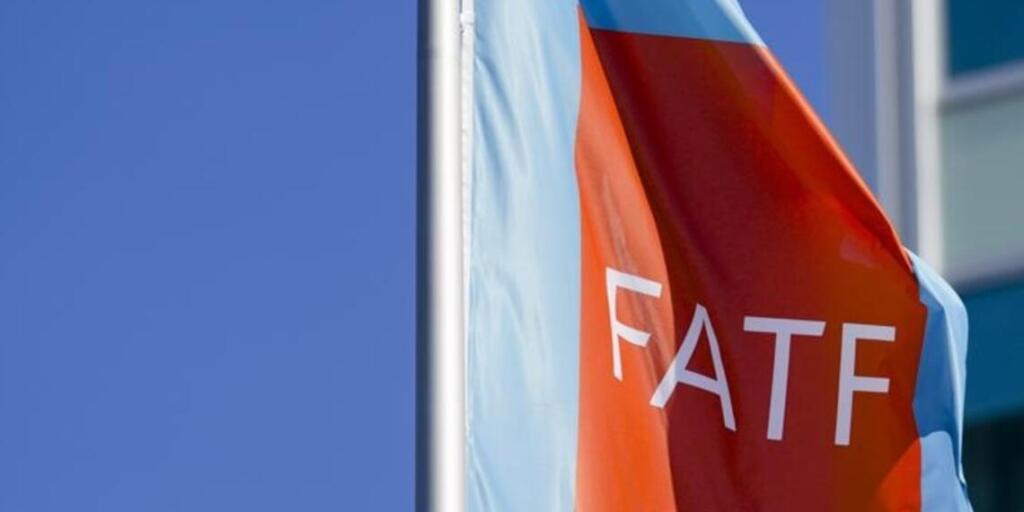A new report by the Financial Action Task Force (FATF) has highlighted India’s 2020 interception of military-grade equipment destined for Pakistan as a stark example of the global system’s shortcomings in preventing proliferation financing.
The case underscores growing international concern over the misuse of trade and financial networks to fund weapons programs—posing serious threats to global security and the integrity of the international financial system.
India’s 2020 interception of dual-use equipment en route to Pakistan has been spotlighted in a new report by the global financial watchdog as emblematic of persistent global shortcomings in preventing proliferation financing, which continues to endanger international security and undermine financial governance worldwide.
The inclusion of this case in the FATF’s report may lead to heightened scrutiny of Pakistan’s military-industrial networks and greater emphasis on the need for tightened export and customs regulations worldwide.
The case involved the seizure of a shipment aboard the vessel Da Cui Yun, which was intercepted by Indian customs at Kandla Port in Gujarat on February 3, 2020. Initially declared as an “industrial dryer,” the cargo was later identified by Indian authorities as an autoclave—a dual-use device capable of being used in missile technology applications, including coating missile components and handling high-energy materials.
This equipment falls under India’s export control regulations and is covered by the Missile Technology Control Regime (MTCR)—an international framework designed to prevent the spread of technologies related to weapons of mass destruction.
Links to Pakistan’s Missile Development Agency
Investigators traced the bill of lading to Pakistan’s National Development Complex (NDC), a government-run defense and aerospace body known for its involvement in developing long-range ballistic missile systems. Founded in 1990 by the Pakistan Atomic Energy Commission, the NDC has long drawn international attention for its activities.
In December 2024, the United States placed sanctions on the NDC under Executive Order 13382, targeting those engaged in the development or support of weapons of mass destruction. According to U.S. findings, the NDC has been acquiring missile-relevant materials through covert procurement channels, including a network of front companies and Karachi-based middlemen.
FATF’s Warning on Maritime Trade Abuse
The FATF included this case in a section detailing how maritime trade and shipping networks are being manipulated to smuggle sensitive materials. It described the 2020 seizure as an example of the misuse of dual-use goods through falsified customs documentation—a method increasingly employed by state-linked actors attempting to bypass export controls.
The report stressed that these practices expose major gaps in global enforcement systems aimed at stopping the movement of materials that could contribute to WMD programs. The FATF called for more robust oversight, better inter-agency coordination, and international information-sharing mechanisms to prevent the use of legitimate trade routes for unlawful military procurement.
Significantly, the FATF also warned that countries are increasingly turning to advanced financial tools—including cryptocurrency mixers, decentralised finance (DeFi) platforms, and shell companies—to evade international sanctions and finance weapons programs. These emerging methods pose new challenges to enforcement agencies worldwide and highlight the evolving nature of proliferation financing.
Pakistan’s FATF Grey List Journey: A Timeline of Compliance and Scrutiny
Pakistan’s troubled relationship with the Financial Action Task Force (FATF) began in 2008, when it was first placed on the global watchdog’s grey list for failing to curb terror financing and money laundering. Since then, the country has been grey-listed three times — in 2008, 2012, and 2018 — often coinciding with political transitions or upcoming elections.
Over the years, Pakistan implemented several legal, financial, and administrative reforms to address FATF concerns. These included setting up dedicated FATF cells, amending anti-money laundering (AML) laws, regulating high-risk sectors like real estate and jewellery, and prosecuting key terror financiers including Hafiz Saeed and Zakiur Rehman Lakhvi.
Despite periods of progress — including short exits from the list in 2010 and 2015 — Pakistan remained under increased monitoring from 2018 to 2022, during which FATF assessed its implementation of 34 action points.
In October 2022, after a successful on-site evaluation, Pakistan was finally removed from the FATF grey list, having fully implemented both action plans over four years.








